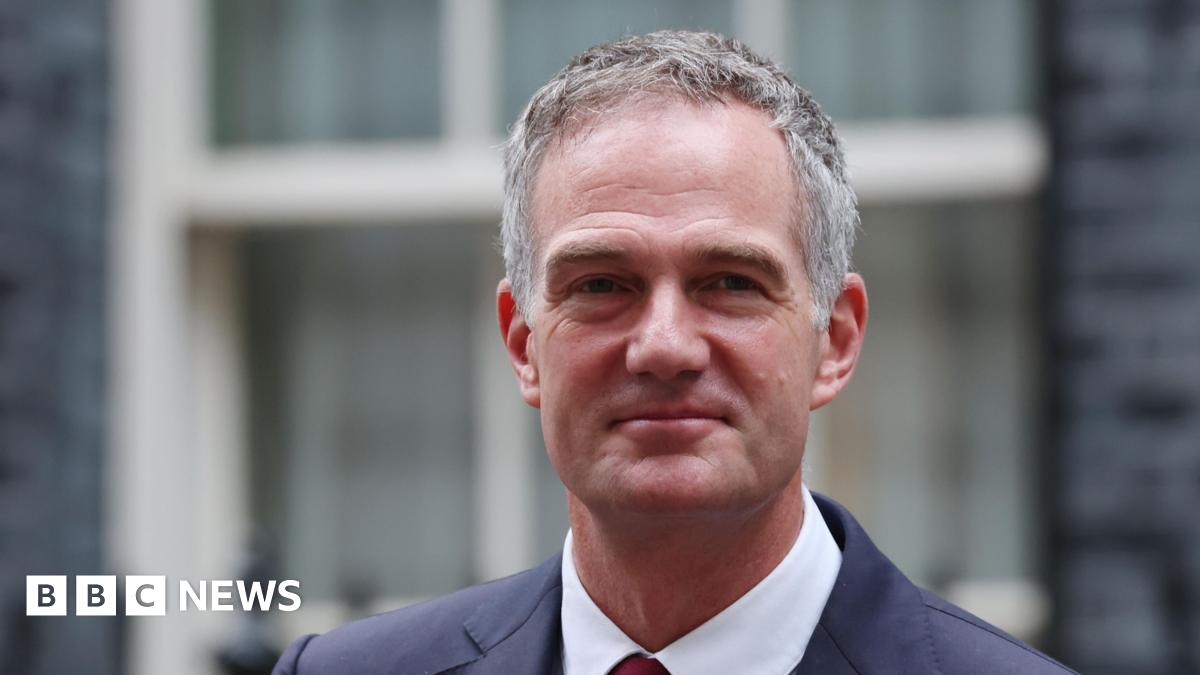The Department for Science, Innovation & Technology (DSIT) spokesperson said the institute “is an independent organisation and has been consulting on changes to refocus its work under its Turing 2.0 strategy”.
“The changes set out in his letter would do exactly that, giving the Institute a key role in safeguarding our national security and positioning it where the British public expects it to be,” they said.
It comes after Kyle urged the Turing Institute to focus on defence research and suggested funding would be pulled unless it changed.
Kyle also wants an overhaul of its leadership. Any shift to focusing on defence would be a significant pivot for the publicly funded organisation, which was given a grant of £100m by the previous Conservative government last year.
Founded in 2015 as the UK’s leading centre of AI research, the Turing Institute has been rocked by internal discontent and criticism of its research activities.
In the complaint, the staff said Kyle’s letter had triggered “a crisis in governance”.
The government’s £100m grant was “now at risk of being withdrawn, a move that could lead to the institute’s collapse”, the complaint said.
The Turing Institute told the BBC it was undertaking “substantial organisational change to ensure we deliver on the promise and unique role of the UK’s national institute for data science and AI”.
“As we move forward, we’re focused on delivering real world impact across society’s biggest challenges, including responding to the national need to double down on our work in defence, national security and sovereign capabilities,” said a spokesperson.
The BBC has been told the Turing Institute has not received notification of a complaint and has not seen the letter sent by staff.
A Charity Commission spokesperson said: “We are currently assessing concerns raised about the Alan Turing Institute to determine any regulatory role for us.”
They said it is in the early stages of this assessment and has not decided whether to launch a formal legal investigation.
